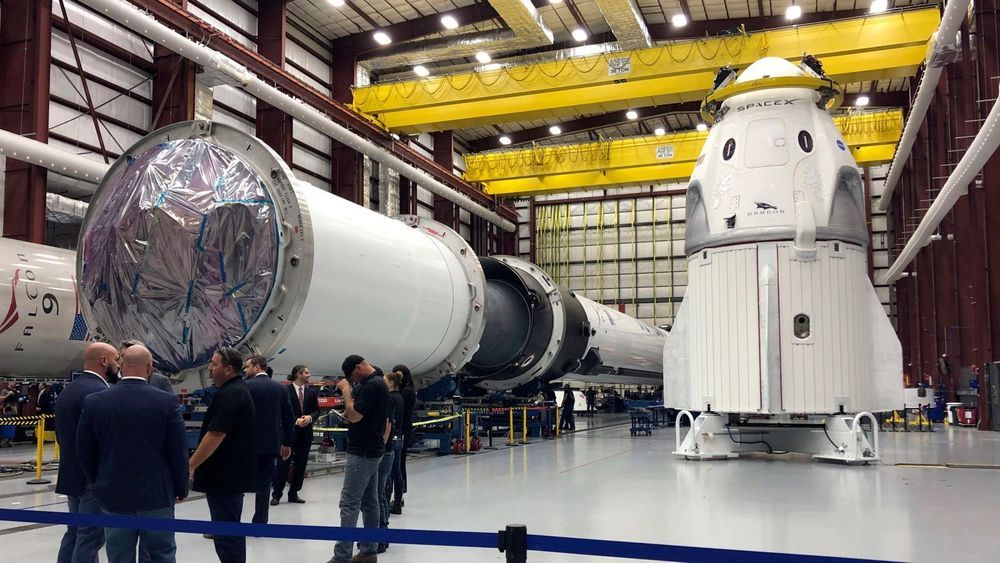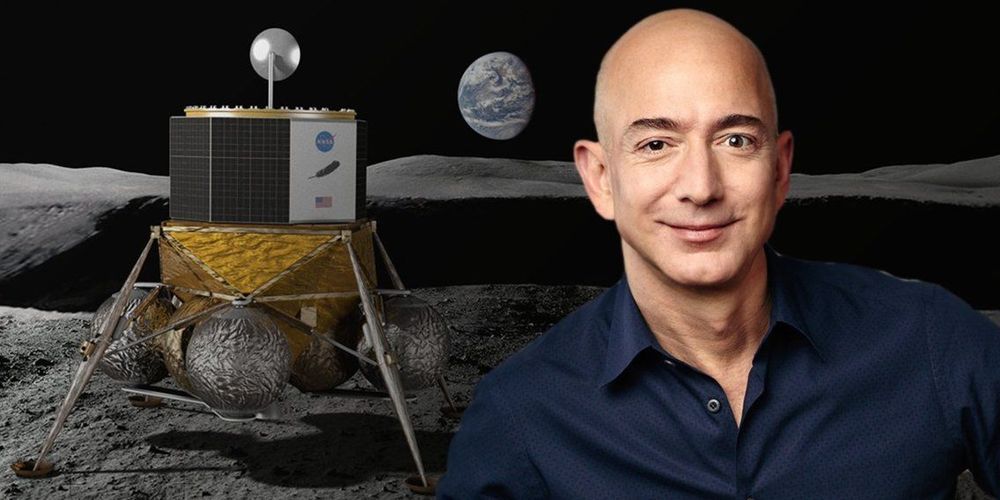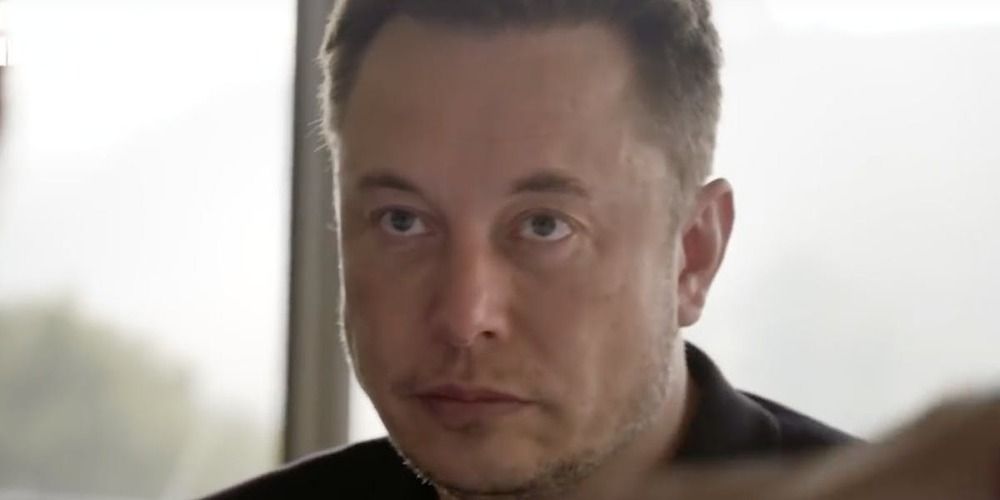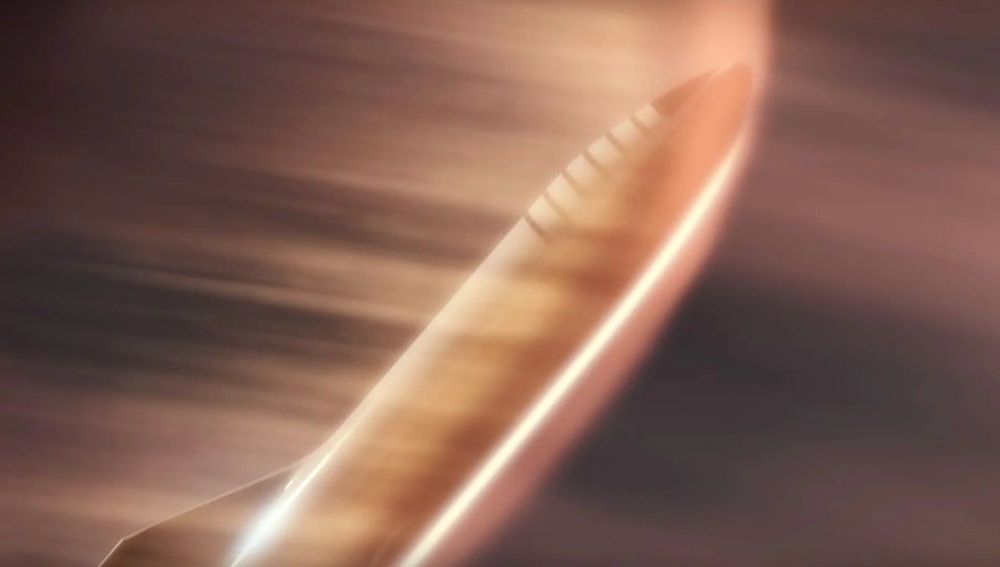NASA has given the green light for Elon Musk’s SpaceX to launch the first unmanned test of its seven-seat Crew Dragon capsule on March 2 after passing a full day of reviews, bringing the space agency one step closer to replacing the retired Space Shuttle program after years of delays and ending its dependency on contracted Russian Soyuz rockets.
The test flight was originally scheduled for January, but was later delayed to complete hardware testing and other reviews. Per Space.com, NASA and SpaceX officials have now completed an in-depth review of the Crew Dragon’s capabilities called a flight readiness review, with NASA Commercial Crew Program manager Kathy Leuders telling reporters they needed to verify the craft “can safely go rendezvous and dock with the space station, and undock safely, and not pose a hazard to the International Space Station.”








